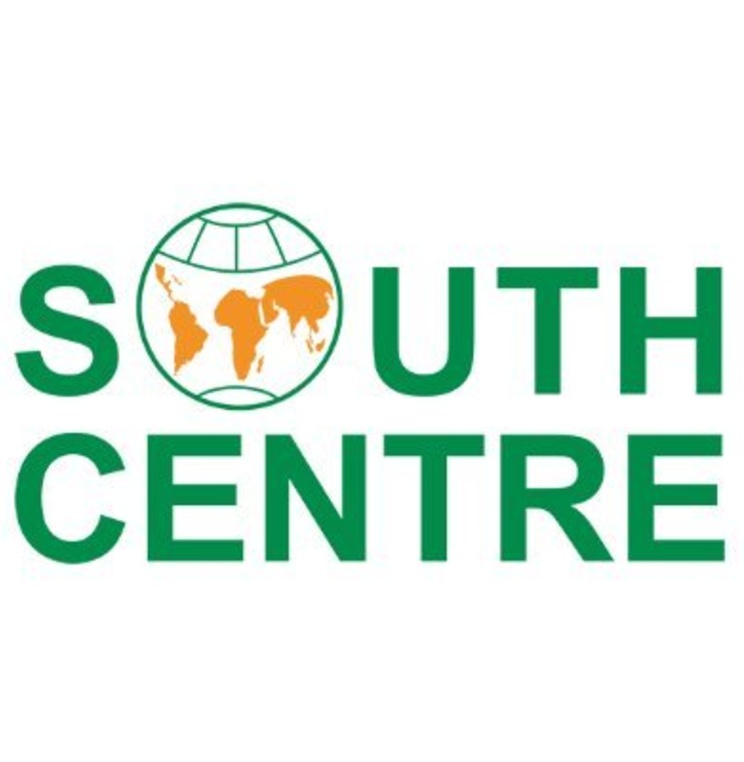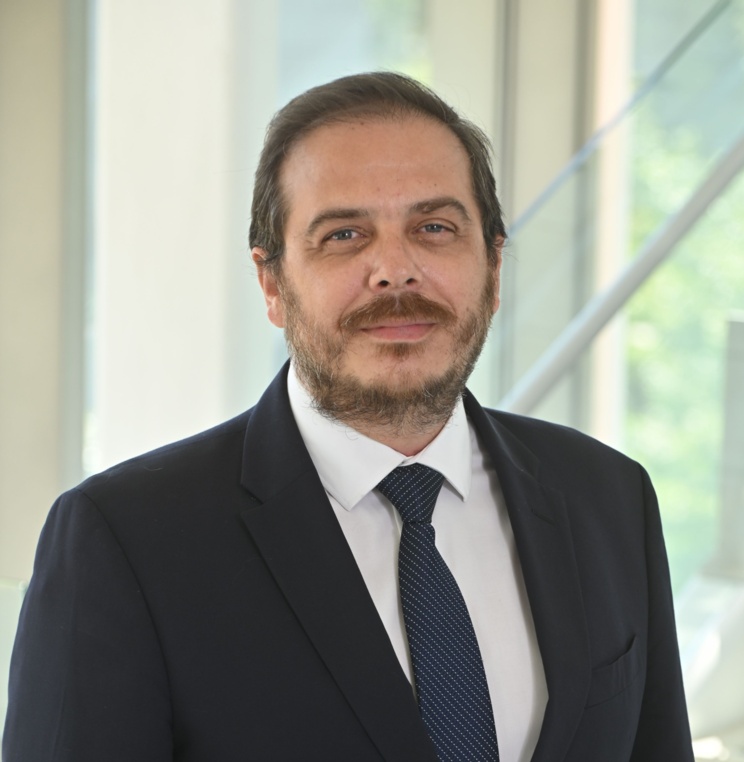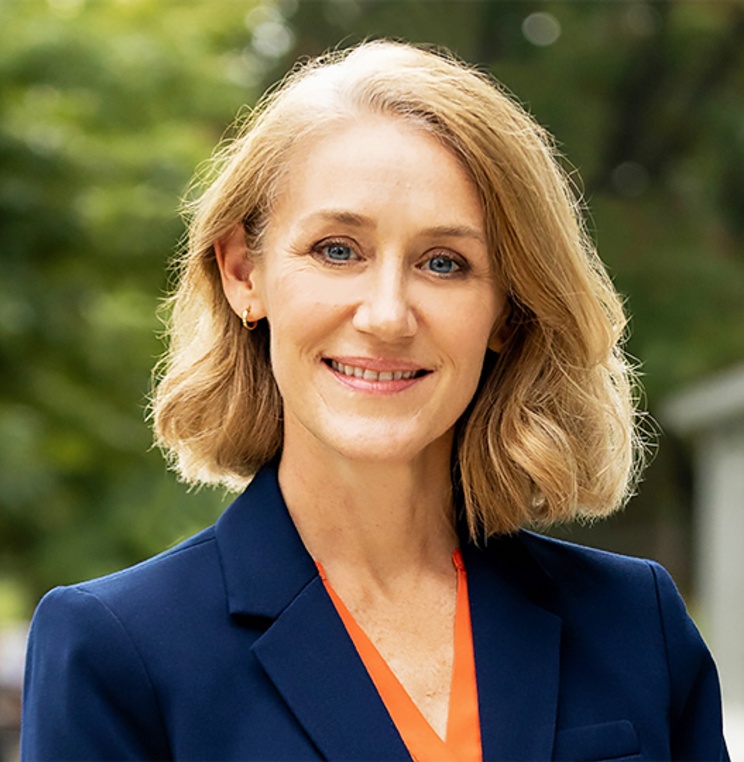Creative Commons USA Releases Legislative Guide to Open Educational Resources

Last week, Creative Commons USA released a new resource for state policymakers interested in tackling the high cost of college textbooks and improving student outcomes in the process. The resource, an “OER State Legislative Guide,” is meant to provide policymakers and staff with a cross-sectional, annotated set of legislative texts that help expand the use of OER (open educational resources), a powerful alternative to the broken textbook market.
OER are learning materials published under a license that gives users permission to share, adapt, and retain them – at no cost to the user. Openly licensed materials, unlike traditional books, leverage modern technology to reduce costs and deliver knowledge in a more accessible way. As a result, open licensed works have far fewer barriers between them and the end user – which alleviates the negative consequences of the traditional textbook market, improves access and performance as a result, and opens the doors to far greater innovation and development.
Housed American University Washington College of Law’s Program on Information Justice and Intellectual Property (PIJIP), Creative Commons USA is a local affiliate of Creative Commons that works on issues specific to the United States. These include including state efforts to expand the use of Open Educational Resources, and matters related to the interaction of the CC license suite with doctrines in American copyright law, such as fair use. Creative Commons is a worldwide nonprofit organization that designs user-friendly copyright licenses which provide a simple, standardized way to give the public permission to share and use your creative work. Its license are used by authors, artists, and other creators worldwide.
“The cost of textbooks is too often a barrier to student learning and success in college. Through open educational resources, states have the opportunity to invest in an alternative model that cuts costs and improves outcomes.”
- Meredith Jacob
Assistant Director, PIJIP
Public Lead, Creative Commons USA


